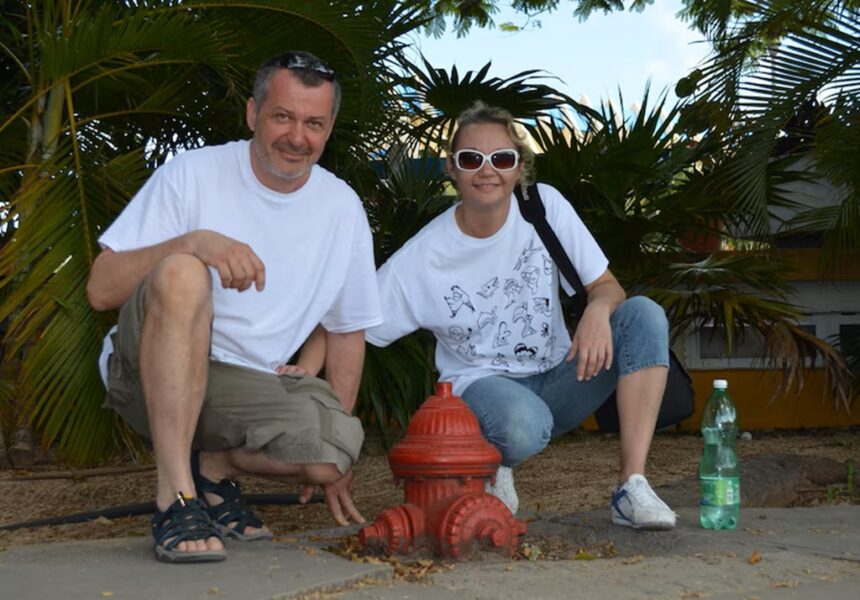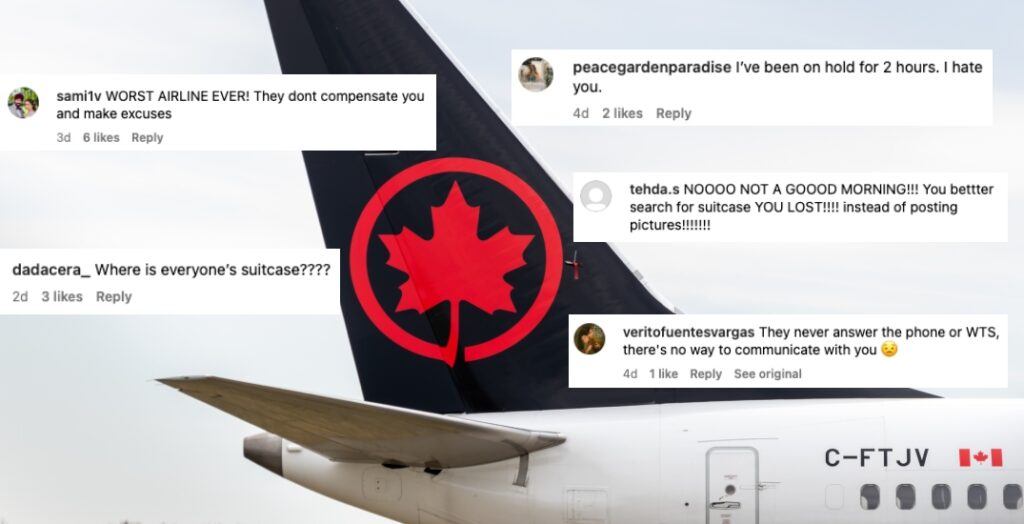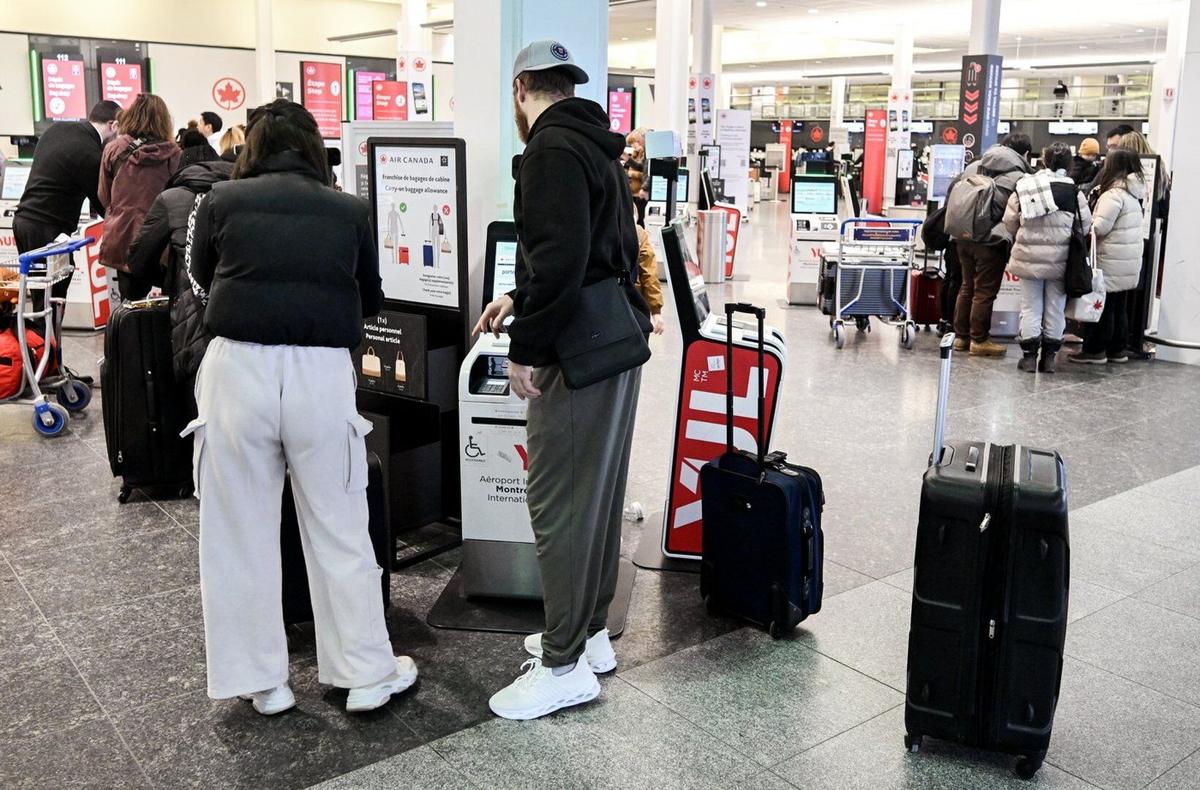KELOWNA – A couple from just outside Kelowna, B.C. spent over four years fighting Air Canada for compensation after a delayed flight. Their long struggle ended last week when the airline dropped its court case and paid them $1,000 each for a delay that lasted 24 hours on a flight from Vancouver to Costa Rica back in January 2020.
Andrew Dyczkowski shared that he thought Air Canada dropped the case because the company realised it couldn’t win. The issue started in February 2020, after the couple asked the Canadian Transportation Agency (CTA) for help when Air Canada refused to pay their claim.
The CTA told Air Canada to pay $2,000 as compensation. Instead of paying, the airline went to court in late 2023 to try to overturn the CTA’s decision. In January 2024, the couple received legal documents showing that Air Canada was seeking a judicial review of the order.
Court records show that Air Canada gave up on the case just three days before they were supposed to appear in court. The airline said part of the reason for dropping the case was that it sympathised with the couple.
After a long wait and a court battle, Andrew and Anna Dyczkowski finally received the compensation they were owed.
Air Canada Complaints
Air Canada, the country’s top airline, often draws complaints filed with the Canadian Transportation Agency (CTA). The CTA acts as an independent body that settles air travel disputes in Canada.
The agency handles issues covered by the Air Passenger Protection Regulations (APPR), such as flight delays, cancellations, denied boarding, baggage problems, and accessibility. These rules set out minimum standards airlines must meet for flights to, from, or within Canada.
Complaints about things like staff attitude or in-flight services usually go to Air Canada directly, since the CTA doesn’t have authority over customer service matters.
Passengers must contact the airline first and wait up to 30 days for a reply before going to the CTA. People often report problems like flight disruptions, lost or damaged luggage, and disagreements over compensation.
Travellers can ask for refunds or money for problems the airline could control, but the CTA does not cover claims for pain, mental stress, or lost income.
Since September 2023, the complaints process has been more straightforward. Passengers fill out an online form and upload evidence, such as tickets and travel details. A Complaints Resolution Officer then looks at both sides and usually gives a binding answer within 90 days.
$10 Million in a Class-Action Suit
Air Canada has come under pressure because of a growing backlog at the CTA. By April 2024, the CTA had over 71,000 unresolved complaints, many sparked by the APPR changes since 2019. While the agency now handles cases more quickly, Air Canada’s large share of complaints shows its size and the challenges it faces.
Between July 2023 and September 2024, Air Canada ranked high in complaints per 100 flights, though the numbers can change each quarter. From September 2023 to June 2024, half of the CTA’s resolved cases led to airlines, including Air Canada, paying out compensation, mostly for flight issues.
Recent events have put the airline in the spotlight. In 2025, Air Canada was ordered to pay $10 million in a class-action suit for charging too much on bereavement fares. This has fueled criticism from those who say the airline puts cost-saving ahead of customer care.
A new $790 fee for each resolved complaint, introduced in 2023, has started fresh debate. Air Canada objects, saying the fee is higher than the average ticket price and applies even if the airline isn’t found at fault. Groups like the Public Interest Advocacy Centre worry this could push airlines to stall settlements, making things worse for customers. Still, the CTA’s complaint process tries to protect both airline and passenger interests, though some argue the lack of public decisions makes the system less open.
Air Canada’s experiences with the CTA point to bigger problems in handling air travel complaints. The APPR gives passengers key rights, but slow processes and backlogs show that the system still needs changes to deliver fair results.









